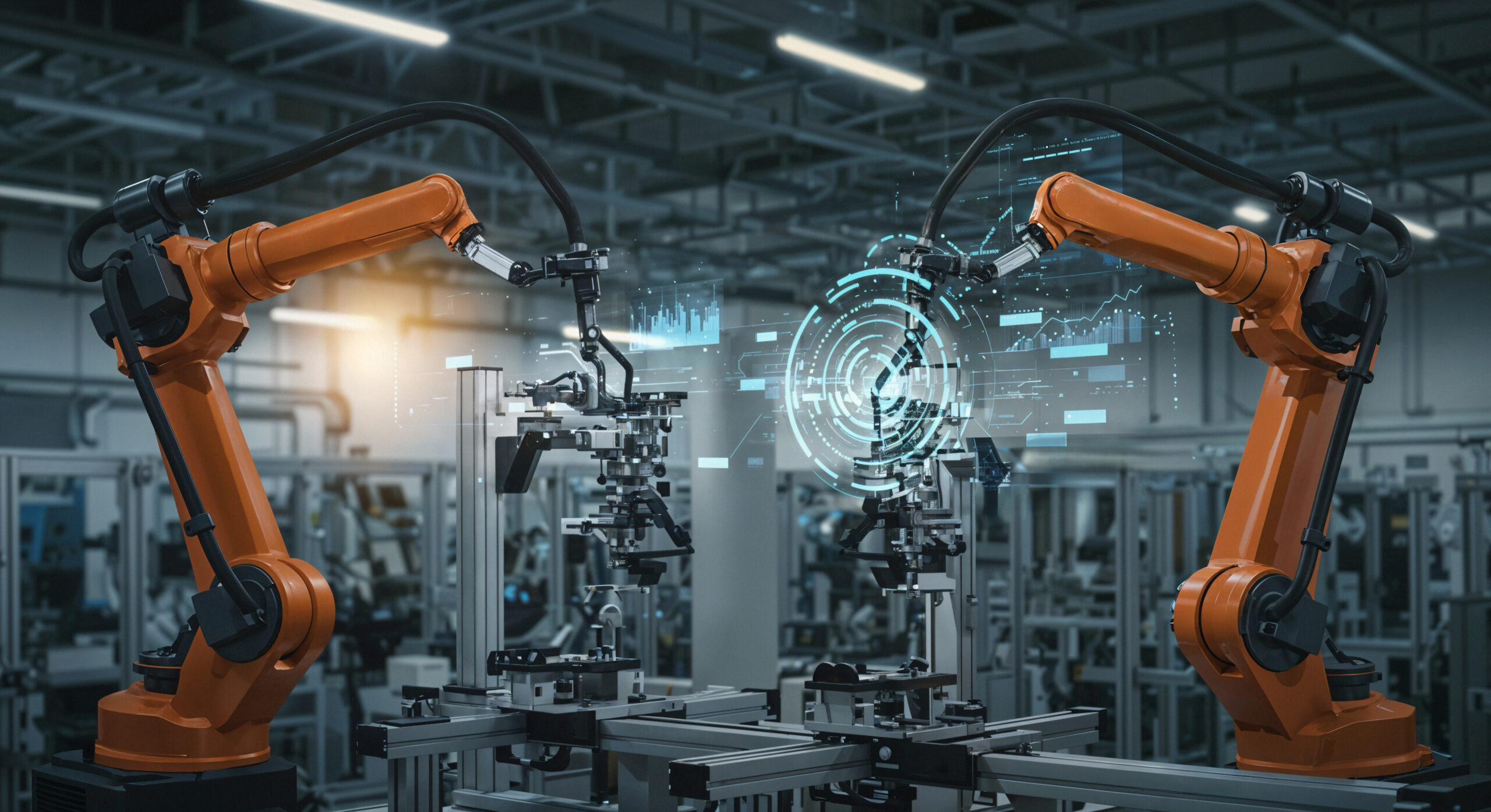
Artificial Intelligence (AI) is no longer just a buzzword; it’s reshaping how industries operate, innovate, and grow. From automating tasks to creating new business models, AI is influencing nearly every aspect of modern life. In this blog, we will explore the profound impact of AI across various sectors, its challenges, and what the future holds.
AI’s presence in healthcare is transforming diagnosis, treatment, and patient care. Machine learning algorithms can analyze medical data faster and more accurately than human doctors. AI is being used in imaging technology to detect diseases like cancer, identify abnormalities in X-rays, and predict patient outcomes.
AI-powered virtual assistants are also helping healthcare providers with administrative tasks like scheduling and answering patient queries, freeing up time for more critical care activities.
Retailers are using AI to enhance customer experiences, predict demand, and optimize inventory management. AI systems analyze customer behavior to personalize product recommendations, leading to higher sales and customer satisfaction.
In addition, AI-driven chatbots and virtual assistants provide 24/7 support, ensuring customers can resolve their issues promptly. AI is also helping retailers improve logistics and distribution by predicting delivery routes and times.
In the financial sector, AI is improving security, fraud detection, and investment strategies. Machine learning algorithms can detect unusual transactions and flag potential fraud, protecting both consumers and institutions from financial crime.
AI is also used in algorithmic trading, where computers make real-time decisions on stock market investments, minimizing human bias and maximizing profits. Additionally, robo-advisors are providing personalized investment advice to individuals, making financial planning more accessible to everyone.
AI has the potential to significantly enhance efficiency in manufacturing. Predictive maintenance, powered by AI, ensures machines are kept in optimal condition, reducing downtime and costly repairs. AI systems monitor equipment health, predict failures, and schedule maintenance before issues arise.
In production lines, AI-driven robots are becoming more common, taking over repetitive tasks and improving production speed and quality. AI also optimizes supply chain management, predicting demand, and ensuring that inventory levels are maintained without excess waste.
In the education sector, AI is creating personalized learning experiences for students. Intelligent tutoring systems use AI to adapt to a student’s learning pace, helping them grasp difficult concepts and offering real-time feedback. This technology is particularly beneficial for students with special needs, allowing for customized lesson plans.
AI is also transforming administrative tasks by automating grading, scheduling, and even answering basic questions about course content.
AI is revolutionizing the transportation industry by improving safety, efficiency, and sustainability. Autonomous vehicles, powered by AI, are making headlines worldwide. These self-driving cars rely on sensors, machine learning algorithms, and vast data sets to navigate roads, detect obstacles, and predict traffic patterns.
AI is also enhancing traffic management systems, optimizing traffic flow, and reducing congestion in cities. Additionally, predictive maintenance systems are helping transportation companies manage their fleets and reduce costs by identifying vehicle issues before they occur.
While the potential benefits of AI are immense, there are ethical challenges that need to be addressed. One of the major concerns is job displacement. As AI takes over repetitive tasks, many fear that automation will lead to job losses in industries like manufacturing, retail, and customer service.
Another challenge is bias in AI systems. Machine learning algorithms learn from data, and if that data is biased, the AI system can reflect and perpetuate those biases. Ensuring that AI systems are fair and unbiased is an ongoing challenge for developers and policymakers.
Lastly, there are concerns about privacy and security. AI-powered systems collect vast amounts of personal data, and it is crucial to ensure that this information is protected and used responsibly.
The future of AI is incredibly exciting. As AI continues to evolve, its potential to solve complex global challenges—such as climate change, healthcare access, and poverty—becomes more apparent. For example, AI can help analyze climate data, optimize renewable energy sources, and create more efficient farming practices.
Furthermore, as AI becomes more integrated into everyday life, industries will continue to innovate and adopt new business models. This could lead to more personalized services, smarter cities, and advancements in everything from robotics to quantum computing.
Artificial Intelligence is not just a passing trend; it is a powerful force driving change across all industries. As technology continues to improve, AI will become an integral part of daily life, revolutionizing how we work, live, and interact with the world around us.
However, it is essential to strike a balance between innovation and ethical responsibility to ensure that AI benefits everyone. The next few years will be critical in shaping the future of AI, and its potential is limitless.
Stay tuned as we continue to explore and embrace the AI revolution!